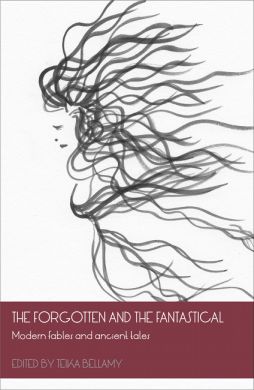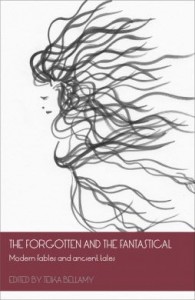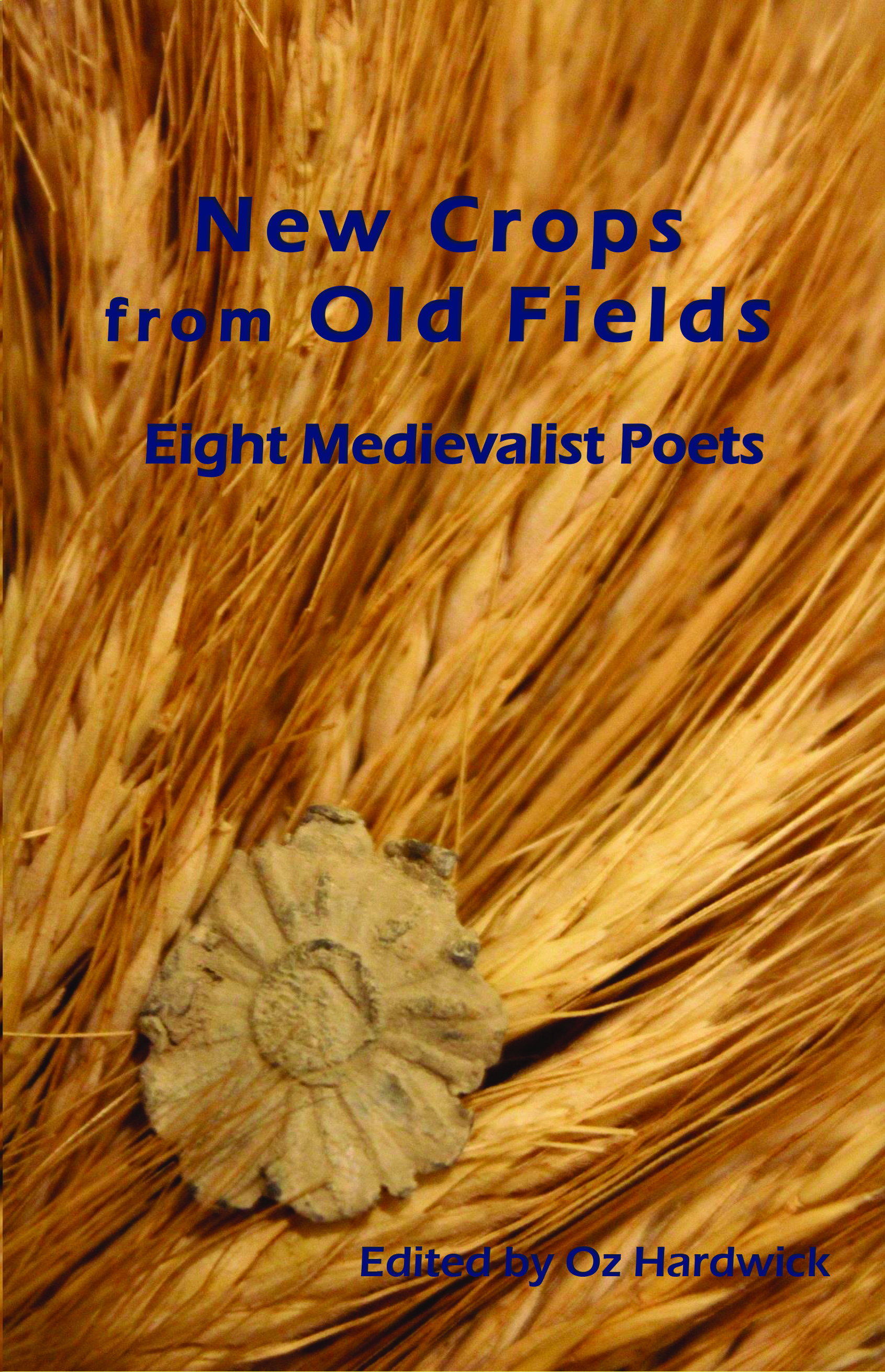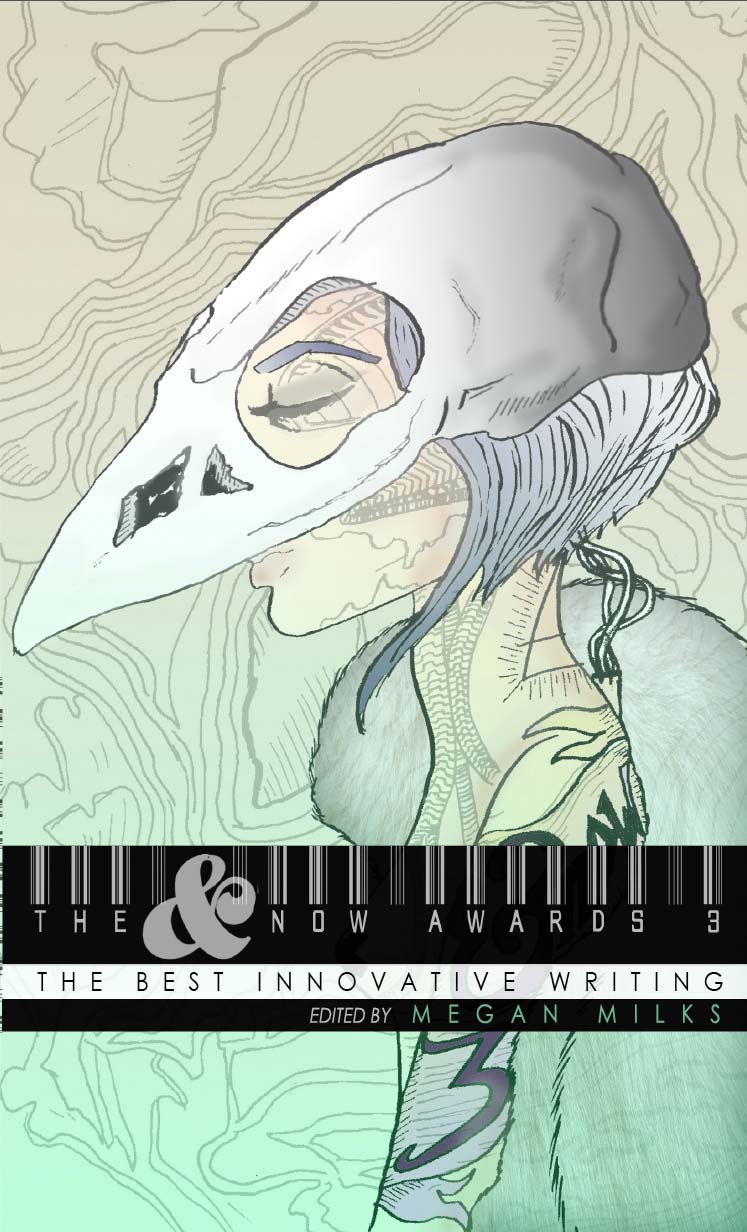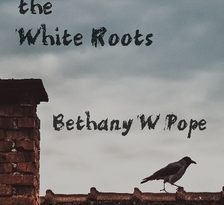The Forgotten and the Fantastical: Modern Fables and Ancient Tales ed. Teika Bellamy
– Reviewed by Bethany W Pope –
The Forgotten and the Fantastical: Modern Fables and Ancient Tales, edited by Teika Bellamy, is a complex and largely entertaining compilation of literary fantasy. Though a few of the stories are reworked classics, most are all-new creations, and the majority of the stories are incredibly entertaining. The stories are illustrated by a series of charming sketches created by the editor, and there is a section at the back of the book where the writers are able to provide a little background and talk a bit about their process. Every anthology is a bit of a mixed bag; so much about quality is subjective to the editor, but this one was puzzling. Most of the stories were fun, if not first rate. A few were absolutely beautiful. Two were terrible; nearly irredeemably bad. I’ve written more about them, further down.
Marija Smits‘s ‘Screaming Sue’ was problematic. The story was wildly entertaining; a tough-talking, dilettante, trust-fund baby takes a year off to discover what he wants in life and winds up falling in love with a vindictive ghost. It’s fun, and beautiful in places, but the voice that Smits gave to her protagonist did not fit the nature of the character at all. It was a bit distracting. I’ve met a lot of Harvard graduates and none of them have talked like this:
‘So you wanna know the real story? Off the record? Yeah sure, why not? I can’t see your goody-two-shoes editor wanting to print my ghoulish tale anyway. Wouldn’t look too good alongside the photos of me in my tux next to my radiant bride to-be. Besides, you’d never believe me.
‘Footfalls of the Hunter’ by Lindsey Watkins, is a brutal and beautiful fable loosely based on the story of Little red Riding Hood, narrated with a dash of Angela Carter. The language is lush, deliciously violent. It was, by far, my favourite story in the anthology:
Hunter heaved the collapsed hulk of drug-tamed animal so that the belly lay upmost. From her satchel she drew the blade. With her left hand she parted the straggling matt of gut covering. And then firm and precise, she made the first incision: umbilicus to pubis – a moonlit symmetry of half wolf and half wolf. Then second incision, through the shiny jelly thickness of subcutaneous fat; a third incision through the rich bloody muscles of abdominal wall. Then a deep lust-coloured cavern.
Although her author’s note, which suggested that all same-sex relationships contain a ‘hint of narcissism’, was problematic. Sometimes, writers do better to let the story speak for itself.
NJ Ramsden‘s ‘The Boy and the Bird’ was aiming for the vague mistiness of mythic narrative and overshot into obfuscation. Nothing in this story is definite, there are no clear descriptions, and the characters lack even the attributes of archetype. It was the first story in the anthology and, to be honest, it nearly put me off the whole thing. The fact that the author said this about it in the ‘Notes’ indicates to me that maybe it should have been kept as a private gift, ‘Originally written for an ill friend, this piece does not pretend to any greater significance than can be seen on its surface.’
Ramsden‘s second story, ‘The Paper House’ describes a man who writes his own world. Then, because that world is necessarily small, he gets stuck in it and must be rescued by a ‘beautiful blond’. While a considerably stronger story than ‘The Boy and the Bird’, this tale remained a bit of a muddle. This is not surprising since, in the words of the author, ‘This was the first fairy-tale I wrote, as a student at university coming to the end of my BA in English.’ Such exercises should rarely be published and I doubt that this one has been redrafted. Frankly, compared to the level and literary quality of the other stories, I don’t know why these two were included at all – much less showcased as the first and last stories in the anthology.
‘The Mother Tree’, by CM Little, is a charming creation story with a feminist twist. Becky Cherriman‘s ‘Grief Trilogy’ is a series of lovely flash-fiction pieces that outline the life of a girl born to tragedy. The descriptions in this piece are really top-notch, and although the pieces are brief they are very well-executed, as in this scene when a dying man meets the girl named Grief:
He mistook her for Death at first; it was her blotched flesh, the stench of decomposing vegetation. He hadn’t yet realised that for him Death would have the texture of fresh earth, the scent of bluebells
Barbara Higham‘s ‘The Wanderer’s Dream’ wanted to be a fascinating twin-story, about two seemingly-opposite women who have an adventure, but the writing was too weak to really hold my attention. ‘The Sparrow and the Beefworms’, by Rebecca Burland, had some very entertaining descriptions, but it was so didactic that it would have made Charles Perrault blush: ‘All it had taken was one sparrow to show all the others that they didn’t need an expert to tell them how to look after their babies; they themselves were the experts, after all!’
Marja Smits‘ ‘Lady Seaweed or Tristesse’ is an unabashedly beautiful take on the mythology of mermaids. The narrative voice is strong, and lyrical. It was a much stronger story than her first, and it was a great pleasure to read:
Mathey Trewelen. His name is like the salt that clings to my lips: bitter, acrid, dead. I go about my business, watching over my little ones, but he is always here in my mind. Mathey Trewelen, gone too soon.
‘The Cave’, by Tomas Cynric, is a retelling of the last days of Merlin. It’s the story told in the style most closely resembling straight fantasy. By contrast, Lisa Shipman‘s posthuman ‘Geppetto’s Child’ is nearly science-fiction. A romance, with strings.
With a few exceptions, this anthology is strong, and highly pleasurable. I’ve found a few authors here who I will be looking out for in the future, and one that I shall go out of my way to avoid. The anthology is quite short, which makes it perfect to bring on a commute or to pack in your bag for an afternoon in the garden; as I did while writing this review.

